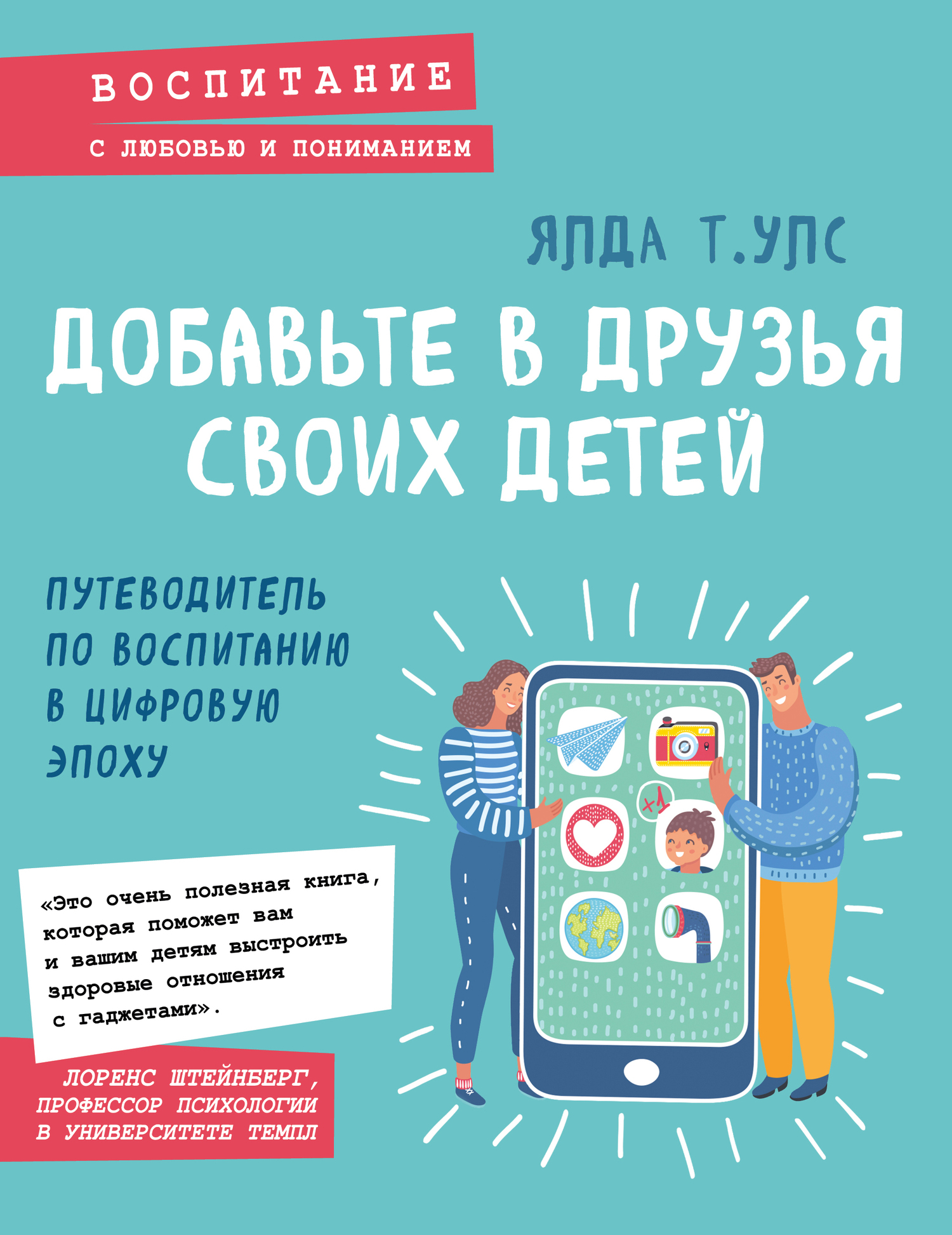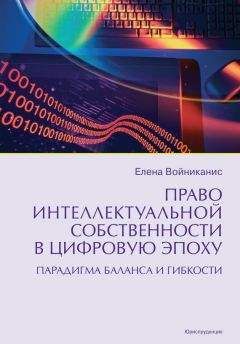Test Prep Survey: Percentage of College Admissions Officers Who Visit Applicants’ Social Networking Pages Continues to Grow -but Most Students Shrug,” 2014, http://press.kaptest.com/press -releases/kaplan-test-prep-survey-percentage-of-college-admissions -officers-who-visit-applicants-social-networking-pages-continues-to-grow -but-most-students-shrug.
37. CareerBuilder, “Number of Employers Passing on Applicants Due to Social Media Posts Continues to Rise, According to New CareerBuilder Survey,” June 26, 2014, http://www.careerbuilder.com/share/aboutus/pressreleases detail.aspx?sd=6%2f26%2f2014&id=pr829&ed=12%2f31%2f2014.
38. “Asians in the Library,” 2011, https://www.youtube.com/watch?v =zQR01qltgo8.
39. C. Gillam, “Missouri Mom Charged for Topless Hot Tub Photo with Teen Daughter,” December 18, 2013, http://uk.reuters.com/article/2013/12/18/ us-usa-toplessmom-missouri-idUKBRE9BH1ID20131218.
40. Jon Ronson, “How One Stupid Tweet Blew Up Justine Sacco’s Life,” NY Times, February 12, 2015, http://www.nytimes.com/2015/02/15/magazine/ how-one-stupid-tweet-ruined-justine-saccos-life.html.
41. Careerbuilder.com, “Number ofEmployers Passing on Applicants Due to Social Media Posts Continues to Rise, According to New CareerBuilder Survey.”
42. Steve Almasy, “Two Teens Found Guilty in Steubenville Rape Case,” CNN, March 17, 2013, http://www.cnn.com/2013/03/17/justice/ohio -steubenville-case/.
Глава 6
1. M.R. Leary and R.M. Kowalski, “Impression Management: A Literature Review and Two-Component Model,” Psychological Bulletin 107 (1990): 34-37.
2. E. Goffman, The Presentation of Self in Everyday Life (New York: Anchor, 1959).
3. Alliance for Eating Disorders Awareness, “Eating Disorders Statistics,” 2015, http://www.ndsu.edu/fileadmin/counseling/Eating_Disorder_Statistics.pdf.
4. B. Grosser, “What Do Metrics Want? How Quantification Prescribes Social Interaction on Facebook,” Computational Culture, 2014, http://computational culture.net/article/what-do-metrics-want.
5. D.R. John, “Consumer Socialization of Children: A Retrospective Look at Twenty-Five Years of Research,” Journal of Consumer Research 26 (1999): 183-213.
6. S. Harter, “Developmental Differences in the Nature ofSelf-Representations: Implications for the Understanding, Assessment, and Treatment of Mal- adaptive Behavior,” Cognitive Theory and Research 14 (1990): 113-42.
7. Gardner and Steinberg, “Risk-Taking Among Adolescents, Young Adults and Adults: The Role of Peer Influence.”
8. Erik Erikson, Identity and the Life Cycle (New York: International Universities Press, 1959).
9. D. Eder and S.K. Nenga, “Socialization in Adolescence,” in Handbook of Social Psychology, ed. J. Delamater (New York: Kluwer Academic/ Plenum Publishers, 2003), 157-75.
10. J.E. Eccles et al., “Development during Adolescence: The Impact of Stage- Environment Fit on Young Adolescents’ Experiences in Schools and in Families,” American Psychologist 48 (1993): 90-101.
11. T.J. Dishion and J.M. Tipsord, “Peer Contagion in Child and Adolescent Social and Emotional Development,” Annual Review of Psychology 62 (2011).
12. Meshi, Morawetz, and Heekeren, “Nucleus Accumbens Response to Gains in Reputation for the Self Relative to Gains for Others Predicts Social Media Use.”
13. John, “Consumer Socialization of Children: A Retrospective Look at Twenty-Five Years of Research.”
14. J. Anderson and L. Rainie, “Main Report: An In-Depth Look at Expert Responses,”n.d.,http://www.pewinternet.org/2014/05/14/main-report-an -in-depth-look-at-expert-responses/. (This comes from my own response to the survey.)
15. Y.T. Uhls and P.M. Greenfield, “The Rise of Fame: An Historical Content Analysis,” Cyberpsychology (2011).
16. D. Martin, “Child’s Play,” Los Angeles Times, November 22, 2009, http://articles.latimes.com/2009/nov/ 22/ entertainment/la-ca-kids -celebrity22-2009nov22.
17. Y. T. Uhls and P.M. Greenfield, “The Value of Fame: Preadolescent Perceptions of Popular Media and Their Relationship to Future Aspirations,” Developmental Psychology (2012).
18. L. Kaufman, “Chasing Their Star, on YouTube,” New York Times, February 1, 2014, http://www.nytimes.com/2014/02/02/business/chasing-their-star -on-youtube.html?_r=0.
19. K. Wallace, “Teen ‘like’ and ‘FOMO’ Anxiety,” CNN, October 16, 2014, http://www.cnn.com/2014/10/16/living/teens-on-social-media-like -and-fomo-anxiety-digital-life/index.html.
20. V. Taylor, “Modern Teens More Worried About Missing Out Than Fitting In: Survey,” Daily News, November 10, 2014, http://www.nydailynews .com/life-style/teens-worried-missing-fitting-survey-article-1.2005842.
21. James Franco, “The Meanings of the Selfie,” New York Times, December 26, 2013.
22. D. Winneberger, “2013 AAFFPRS Membership Study,” February 2014, http:// www.aafprs.org/wp-content/themes/aafprs/pdf/AAFPRS-2014-Report.pdf.
Глава 7
1. R.E. Bohn and J.E. Short, How Much Information? 2009 Report on American Consumers (San Diego: Global Information Industry Center, University of California, San Diego, 2009).
2. S.A. Brasel and J. Gips, “Media Multitasking Behavior: Concurrent Television and Computer Usage,” Cyberpsychology, Behavior and Social Networking (2011).
3. “Google NGram Viewer,” accessed April 13, 2015, http://books.google .com/ngrams.
4. Watts, “A Teenager’s View on Social Media.”
5. U.G. Foehr, “Media Multitasking Among American Youth: Prevalence, Predictors and Pairings” (Kaiser Family Foundation, 2006).
6. D.F. Roberts, U.G. Foehr, and V.J. Rideout, Generation M: Media in the Lives of 8—18 Year-Olds (Kaiser Family Foundation, March 2005).
7. Rideout, Foehr, and Roberts, Generation M2: Media in the Lives of 8—18 Year-Olds.
8. C. Wallis, The Impacts of Media Multitasking on Children’s Learning and Development (Joan Ganz Cooney Center and Stanford University, 2010).
9. Foehr, “Media Multitasking Among American Youth: Prevalence, Predictors and Pairings.”
10. C. Rosen, “The Myth of Multitasking,” The New Atlantis, 2008.
11. P.E. Dux et al., “Isolation of a Central Bottleneck of Information Processing with Time-Resolved fMRU,” Neuron 52 (2006).
12. E. Ophir, C. Nass, and A.D. Wagner, “Cognitive Control in Media Multi- taskers,” Proceedings of the National Academy of Science 106 (2009): 15583-87.
13. L. Lin, “Breadth-Biased Versus Focused Cognitive Control in Media Multitasking Behaviors,” Proceedings of the National Academy of Science 106 (2009).
14. M. Minear et al., “Working Memory, Fluid Intelligence, and Impulsiveness in Heavy Media Multitaskers,” Psychological Bulletin Review 20 (2013).
15. K. Subrahmanyam et al., “Learning from Paper, Learning from Screen: Impact of Screen Reading and Multitasking Conditions on Reading and Writing among College Students,” International Journal Of Cyber Behavior, Psychology and Learning (2013).
16. Ibid.
17. M. Prensky, “Why YouTube Matters,” On the Horizon, 2010.
18. D. Moore, “About Half of Americans Reading a Book,” Gallup News Service, 2005, http://www.gallup.com/poll/16582/about-half-americans -reading-book.aspx.
19. K. Zickuhr and L. Rainie, Younger Americans and Public Libraries, Pew Research Center’s Internet and American Life Project (Pew Research Center, 2014).
20. Rideout, Foehr, and Roberts, Generation M2: Media in the Lives of 8—18 Year-Olds.
21. L. Rutherford, M. Bittman, and J. Brown, “Effects of New and Old Media on Young Children’s Language Acquisition, Development and Early Literacy: Findings from a Longitudinal Study of Australian Children,” Communication and Community: Proceedings of the 62nd Annual Conference of the International Communication Association, 2012.
22. Subrahmanyam et al., “Learning from Paper, Learning from Screen: Impact of Screen Reading and Multitasking Conditions on Reading and Writing Among College Students.”
23. Common Sense Media, “Zero to Eight: Children’s Media Use in America.”
24. J. Parish-Morris et al., “Once upon a Time: Parent-Child Dialogue and Storybook Reading in the Electronic Era,” Mind, Brain and Education 7 (2013).
25. P.M. Mueller and





